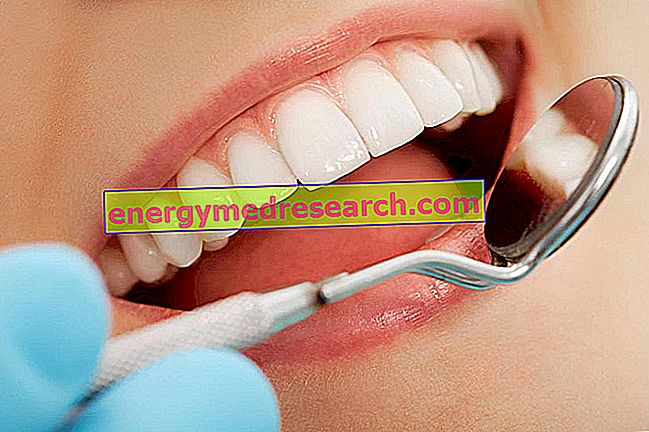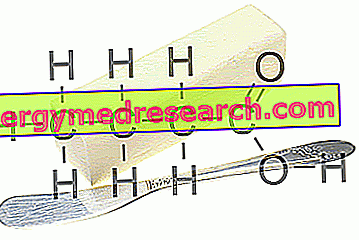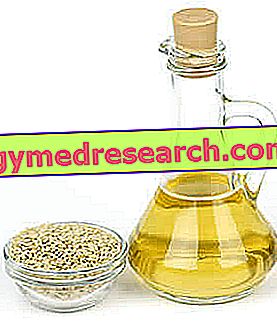In the presence of high cholesterol the results achievable by improving one's hygienic-dietary habits * are often greater than those obtainable with taking a drug. Only in the event that such measures fail to produce a satisfactory reduction in cholesterolemia, is the simultaneous intake of specific drugs.

Halfway between medicines and lifestyle correction, there is the colorful category of cholesterol-lowering supplements . These products, of course, must be taken only after obtaining the approval of your doctor, particularly important when you are taking medications, suffering (or suffering) from serious diseases and during pregnancy and lactation.
Fiber and cholesterol supplements
Several studies have shown that soluble fibers - contained in good quantities in legumes, oats and bran, apples, citrus fruits and carrots - lower levels of LDL cholesterol and triglycerides. Like all supplements, of course, fibers can only be useful if taken in the context of a sober and balanced diet.
This category includes products such as psyllium seeds, glucomannan, pectin, guar gum and karaya. Fiber supplements can limit the absorption of drugs taken a short distance from them and, especially if used at high doses, can cause flatulence and abdominal bloating.
Daily recommended dosage: 10 - 30 grams per day, divided into doses to be taken shortly before meals together with plenty of water.
Chitosan
Polysaccharide derived from the shell of shrimps and other sea crustaceans. Chitosan acts, in fact, as a fiber supplement, limiting the intestinal absorption of cholesterol, fats and other nutrients.
Daily recommended dosage: 1 - 1.2 grams near main meals (lunch and dinner).
Beta glucans and cholesterol
Beta glucans are polysaccharides contained in the bran of some cereals, such as oats and barley, and in the common brewer's yeast ( Saccharomyces cerevisiae ). Soluble fractions are marketed as fiber supplements and can help reduce LDL cholesterol levels.
Daily recommended dosage: 50-200 mg per day.
Soy protein and cholesterol
The effectiveness of soy lecithin in reducing cholesterol has been demonstrated several times; the same applies to the proteins obtained from the seeds of this legume. Replacing meat with soy-based foods (tofu, tempeh, miso) on at least two or three weekly occasions can therefore help to control cholesterol levels.
Excessive consumption of supplements and foods derived from soy may slightly lower testosterone levels in humans due to the high intake of phytoestrogens. Diet and integration must therefore always be characterized by moderation; the excess of water, on the other hand, can be lethal.
Daily dosage normally recommended to reduce cholesterol: 20-50 g (soy protein), 5-15 g (soy lecithin).
Supplements to lower cholesterol - Video
X Go to the Video Page Go to Wellness Destination Watch the video on youtubeOther supplements to lower cholesterol



